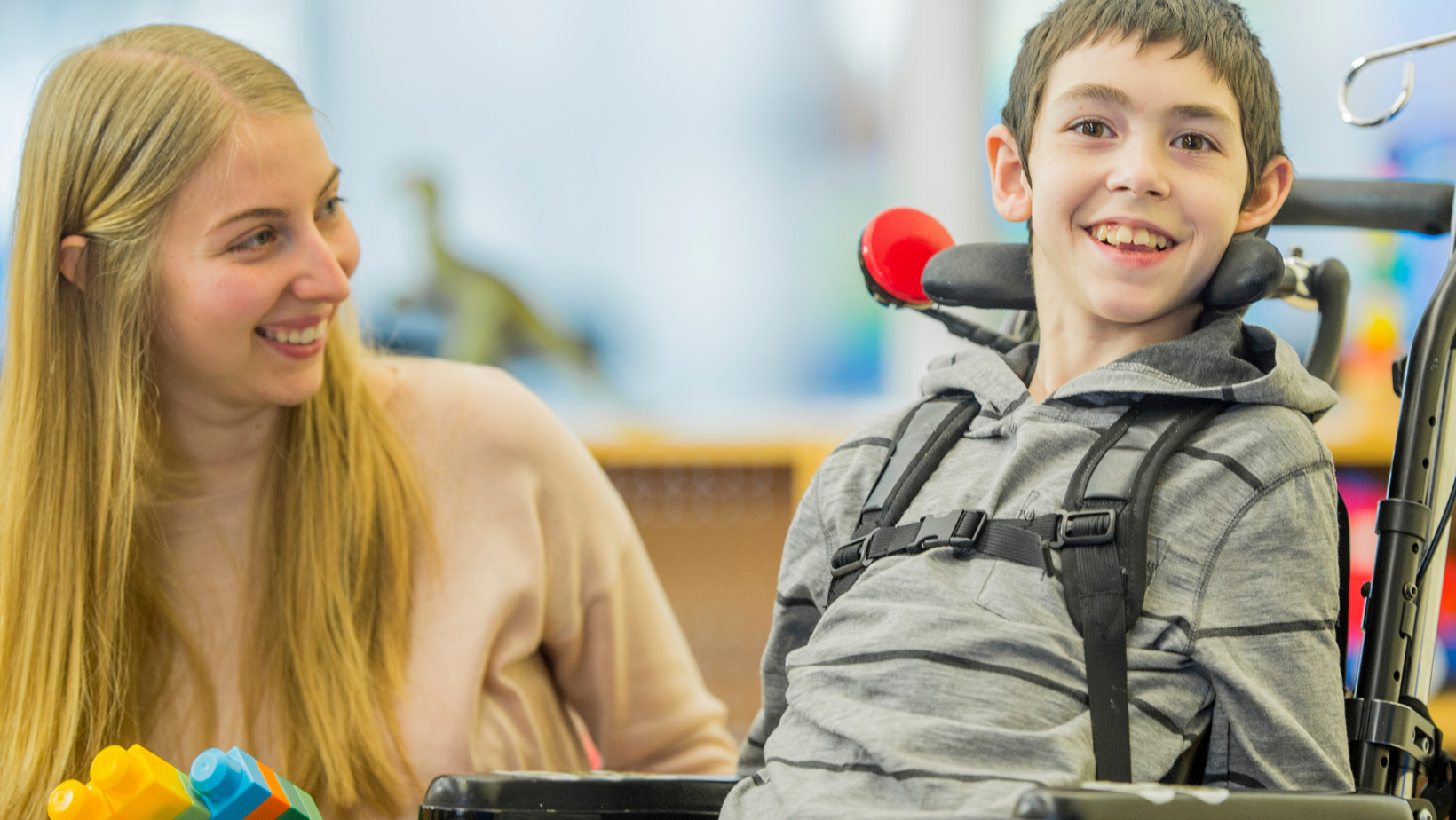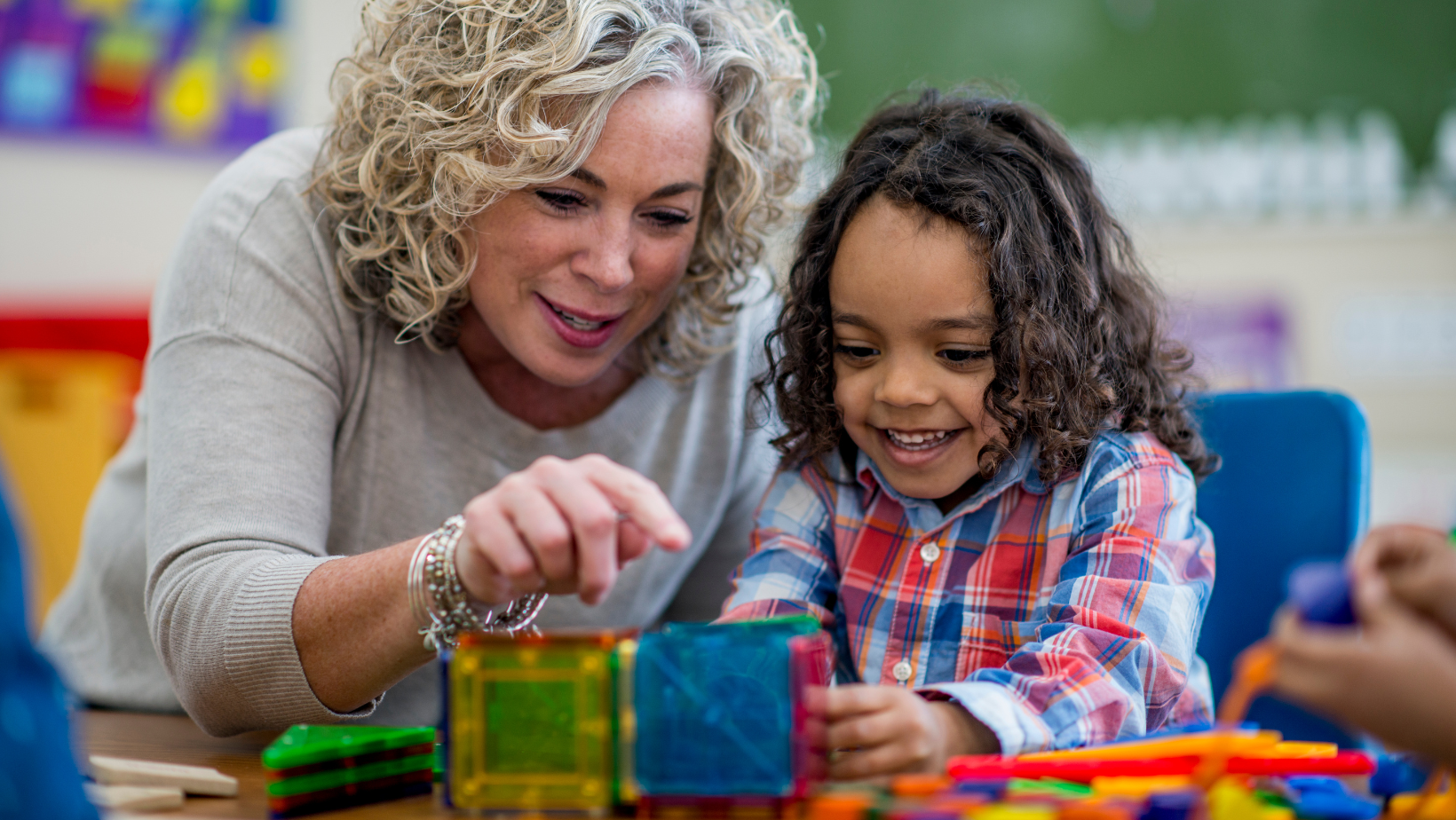BLOG IEP 101-What the Parent Needs to Know

Whether you are brand new to the exciting world of Special Education and Special Needs paperwork, or if you’ve been advocating in this way for your child for years, there is always something new to learn. As someone who gets trained throughout the year with professional development sessions, I can imagine it might be pretty daunting for parents to do their own research and stay caught up in this ever-changing system. I’ll focus on IEPs (Individualized Education Programs), but know this information can also apply to ISPs (Individual Service Plans).
The IEP team is made up of the special education teacher, the general education teacher (unless they are excused because the general curriculum is not being discussed), related service providers (speech, OT, PT- if the student is eligible for those services at school), the LEA representative (this is the person who has authority to make financial decisions on behalf of the district), the parent(s) or guardian(s), and anyone else invited by other team members- like an advocate. Generally, the teacher is the person writing the IEP and tasked with implementing the IEP in the school setting, which includes obtaining data and tracking progress toward the goals and objectives outlined in the IEP.
The IEP is a legal document that should paint a picture of the student’s strengths and areas of need relating to the school environment. Goals and benchmark objectives are created to address those areas of need, and if the student is in a testing grade level, it will also address the subjects being assessed at the end of the school year. My suggestion to parents is to think ahead of time on certain skills- academic or functional (which can include behaviors, communication, and daily living skills) that you’d love to see your child accomplish within the next IEP cycle. As the parent, you can make these suggestions, and the teacher can word the goal so that it is measurable. Let’s break that down a little more.
Say a parent wants their child to be potty trained and suggests this be a goal on the IEP.
The teacher will look at the student’s current ability. If the student is not independent in the restroom, it is important to first provide that opportunity to promote independence and teach appropriate communication. So those steps will become benchmark objectives.
It might look something like this:
- Annual Goal– Student will use the restroom independently throughout the total school day, having no accidents and will not require additional prompting to complete all bathroom-related tasks for 4 out of 5 school days each week.
- Benchmark 1: Student will communicate a need to use the restroom by touching a bathroom picture card before entering the restroom 3 out of 5 times in a school day with no more than 2 verbal prompts to touch the card each time.
- Benchmark 2: Student will communicate a need to use the restroom by touching a bathroom picture card before entering the restroom 4 out of 5 times in a school day with no additional verbal prompts to touch the card each time.
- Benchmark 3: Student will independently pull down his/her pants before using the restroom and independently pull up his/her pants after using the restroom with no additional verbal prompts to do so 5 out of 5 times in a school day. Benchmark 3: Student will use the bathroom picture card to communicate a need to use the restroom, having no accidents during the total school day for 4 out of 5 days in the school week.
Now, let’s do that same breakdown but with an academic goal.
- Annual Goal– The Student will perform simple addition problems by choosing one of three number flashcard choices presented to him to identify the sum (up to 10) correctly in 4 out of 5 trials.
- Benchmark 1: The Student will perform simple addition problems by choosing one of two number flashcard choices presented to him to identify the sum (up to 5) correctly in 3 out of 5 trials.
- Benchmark 2: The Student will perform simple addition problems by choosing one of three number flashcard choices presented to him to identify the sum (up to 5) correctly in 3 out of 5 trials.
- Benchmark 3: The Student will perform simple addition problems by choosing one of two number flashcard choices presented to him to identify the sum (up to 10) correctly in 3 out of 5 trials.
More important than meeting the deadline of the IEP and tracking the progress of the goals, is to ensure that the goals are meaningful. Teachers do have to align goals with the curriculum and different districts have specific protocols to follow regarding testing years and regular content standards versus extended content standards so there are some stipulations that we are bound to when it comes to what types of goals are required, but there are no limits. It is important to create goals that are challenging yet attainable. This can be a hard line to toe, but that’s what the team is for. Discuss the importance of each goal. Discuss the different ways the goals can be worked on in the classroom and at home. And know that IEP goals are not magic. They’re about consistency and effort. They are built in as legal opportunities to promote a student’s success. The hope is that the goals will be fully mastered by the student, but this is not always the case, and that’s ok. The IEP can also be amended at any time. As the parent, you have the power to call a meeting at any point in the school year. If you realize that the math goal with the addition was a bit too lofty, make that known. As a team, you can throw that goal out altogether for something else or tweak it to meet the student a little closer to where they are currently at.
I’ve had to do this many times with behavior goals when a student has frequent changes in behavior that need to be addressed in the IEP. There is plenty more to learn about when it comes to different components of the IEP, parent rights regarding the IEP, and tools for creating meaningful goals and objectives.
What the special educator would love for you to know as the parent is that your ideas and suggestions are welcome and necessary.
As always, I’m here to answer questions and collaborate! Feel free to leave comments below or email me directly at briedgerton@gmail.com.
Related Articles

Did you know that October is “Disability Awareness Month”? It was news to me- a special education teacher, and cousin to a person with Autism. So, as I was given […]

April is a special month for many reasons, but one reason that stands out is that it’s National Autism Awareness Month. It’s a time for us to come together to […]

Art therapy is a type of therapy that involves the use of creative mediums, such as painting, drawing, and sculpture, to help individuals express themselves and improve their mental health. […]
 English/Español: (480) 722-1300
English/Español: (480) 722-1300




